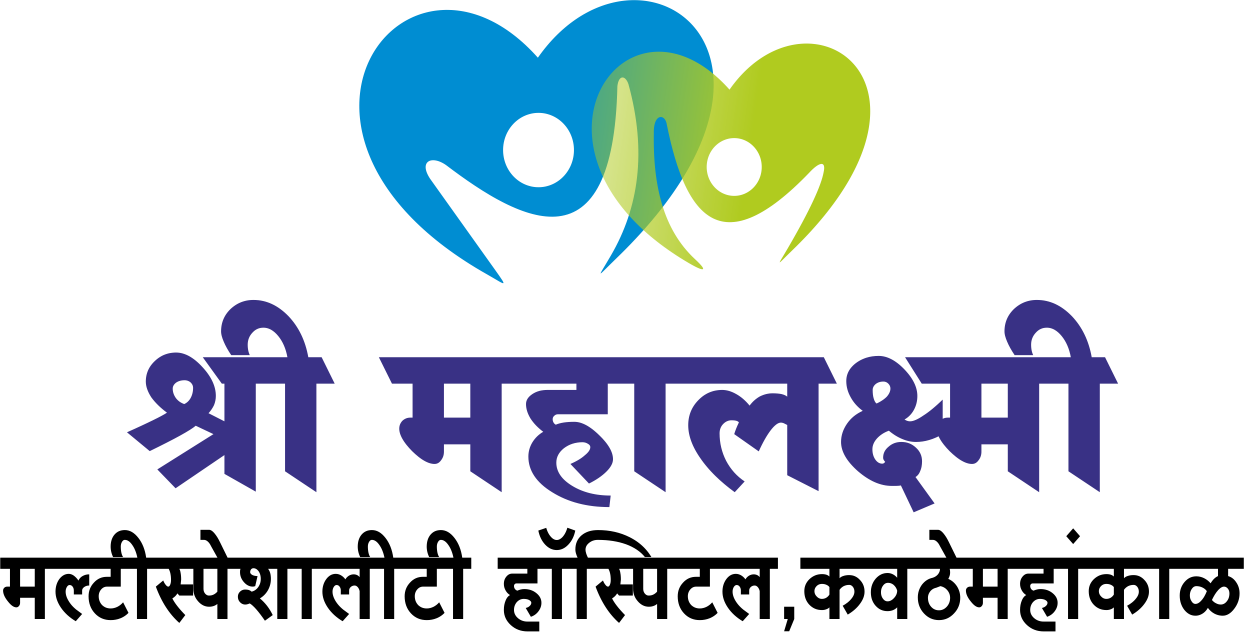Introduction to Antenatal Care
Antenatal care acts as a vital player in safeguarding both mothers-to-be and their babies. It ensures that all aspects of the pregnancy journey are monitored and managed effectively. In India and worldwide, making informed decisions during pregnancy can significantly improve outcomes for both mother and child. This guide aims to shed light on critical aspects of antenatal care for those embarking on their parenthood journey. Understandably, prospective parents might feel overwhelmed, but with proper guidance, navigating this life-changing period becomes smoother. Familiarize yourself with steps to maintain a healthy pregnancy and what to expect, ensuring peace of mind and preparation for the big day. Our goal is to support soon-to-be parents, equipping them with essential knowledge.
Understanding Antenatal Care
Antenatal care refers to the care given to expectant mums and their babies throughout pregnancy. Proper care during this time can lead to happier, healthier outcomes. Not just about medical check-ups, antenatal care encompasses lifestyle advice, emotional support, and health screenings. Knowing when to start antenatal care is crucial. Generally, it should begin as soon as pregnancy is confirmed. Early start means you can address any health concerns quickly, allowing for tailored interventions as your pregnancy progresses.
Pregnancy is divided into three stages, or trimesters, each with specific needs. During the first trimester, focus on regular check-ups and understanding your body’s changes. In the second trimester, expect a few more tests, ensuring everything is progressing well. The final trimester includes creating a birth plan and preparing for delivery. By understanding each stage, you ensure both your own health and your baby’s future are protected. Regular visits and following medical advice are key to a successful pregnancy experience.
The Importance of Regular Prenatal Check-ups
Regular visits to your healthcare provider are key to monitoring progress across nine months. It’s generally advised to have monthly visits during the first and second trimesters and switch to bi-weekly, then weekly, as the due date nears. These visits help assess essential health markers, including weight and important tests like the antenatal blood screen, providing insights into both mother and baby’s health.
Keeping a personal health journal during your pregnancy proves beneficial, allowing you to track appointments, notes, and any symptoms that may arise. It reminds you of scheduled visits and encourages active participation in your maternity journey. Engaging in this way ensures that you and your healthcare provider can make timely interventions if needed, promoting smooth sailing.
Lifestyle and Nutrition for a Healthy Pregnancy
Eating well is crucial for nurturing a growing baby. Focusing on essential nutrients supports both mother and child. Include foods rich in iron, calcium, and folic acid. Embrace leafy greens, beans like Dal, and safe vitamin supplements. These provide the body with building blocks for fetal health.
However, some foods should be limited. Avoid undercooked meats, soft cheeses, and high-mercury fish. Steering clear of alcohol and caffeine can also reduce risk. Instead, focus on whole grains, ample fruits, vegetables, and plenty of water.
Exercise is just as important. Gentle workouts, focusing on prenatal exercises, maintain fitness and reduce delivery complications. Think yoga or walking—keeping active makes for a more manageable pregnancy and recovery.
Combining a balanced diet with safe physical activity promotes positive outcomes and enhances wellbeing for you and the little one.
Navigating Vital Screenings and Tests
Screenings during pregnancy guide you in maintaining optimal health. Tests such as the prenatal diagnostic test provide critical information about your baby. Early blood tests determine initial health baselines. Other assessments include ultrasounds, like the anomaly scan which checks baby’s physical development, and NT scan for chromosome issues.
Regular antenatal blood screens assess health indicators such as hemoglobin levels, while maternal serum screenings identify genetic conditions. Undergoing a glucose tolerance test detects gestational diabetes, assisting in risk management. Understanding these tests and their purpose enhances peace of mind by confirming baby’s health and making any necessary lifestyle adjustments.
Staying informed about these procedures helps you take control of potential challenges, preparing you for all aspects of birth effectively.
Managing Common Pregnancy Discomforts
Pregnancy might cause some discomforts, but they’re manageable with a bit of guidance. Morning sickness is common but can be tackled with ginger tea or light crackers. When nausea strikes, try consuming small, frequent meals instead of larger ones.
To combat fatigue, prioritize rest, and introduce short naps into your routine. Back pain and sleep issues can be addressed by using supportive pillows. Focus on good posture when sitting or standing.
Though typical, any intense pain or excessive discomfort should be discussed with your healthcare provider to rule out any concerns. Don’t hesitate to seek professional advice if something feels amiss.
Building a Support System During Pregnancy
Support from family, friends, or healthcare professionals can’t be understated. Their encouragement boosts your spirits, reducing stress and anxiety.
Consider joining prenatal classes or online forums for more insights and to connect with others on a similar journey. Sharing experiences is comforting and offers fresh perspectives.
Relaxation techniques, like yoga or meditation, benefit not only body but mind, and they bridge emotional gaps during pregnancy. Use these tools to complement traditional medical advice and set a foundation for a joyful parenthood journey.
Conclusion and Final Thoughts
Antenatal care is foundational to a healthy pregnancy, emphasizing the importance of consistent health visits and lifestyle adjustments. Your active participation in these aspects fosters better health outcomes for both you and your child. Embrace every moment and cultivate a nurturing environment, preparing for your new arrival.
Expectant parents should actively contribute to their own care, building not only happy babies but confident parents. The road to parenthood is remarkable, worthy of effort and patience every step of the way.
Visit Shree Mahalaxmi Hospital for comprehensive antenatal care and expert guidance throughout your pregnancy journey!

